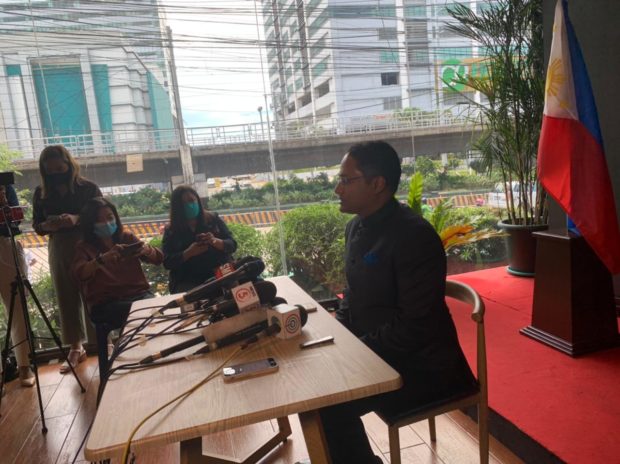PH to receive assets from Indian gov’t for rescue, humanitarian efforts

MANILA, Philippines — The Indian government has expressed its willingness to provide assets for the rescue and humanitarian efforts of the Philippine Coast Guard (PCG) during disasters, according to the Presidential Communications Office (PCO).
In a statement on Sunday, PCO said that India had offered at least seven helicopters, which will also be used for PCG’s maritime operations.
“We’re trying to build up our capacity – our capabilities in terms of our coast guard, in terms of our – of course, the search and rescue is always the primary consideration,” President Ferdinand Marcos Jr. said.
“As you heard the news, there is a continuing problem really that we have to deal with, and we have to increase our capabilities,” he added.
READ: Bongbong Marcos to extend validity of foreigners’ electronic visas
For his part, Indian Ambassador to the Philippines Shambhu Kumaran said during his courtesy call last week that the Indian government has started coordinating with PCG and the Department of Transportation to transfer the assets.
READ: Romualdez assures gov’t vow to protect national interest in WPS
“The discussion is going on very well. The Coast Guard is very interested – they’ve flown the helicopter […] I would request your consideration because that would be a very positive [program],” Kumaran told Marcos.
Meanwhile, PCO said Marcos will discuss India’s offer to the PCG with Transportation Secretary Jaime Bautista.